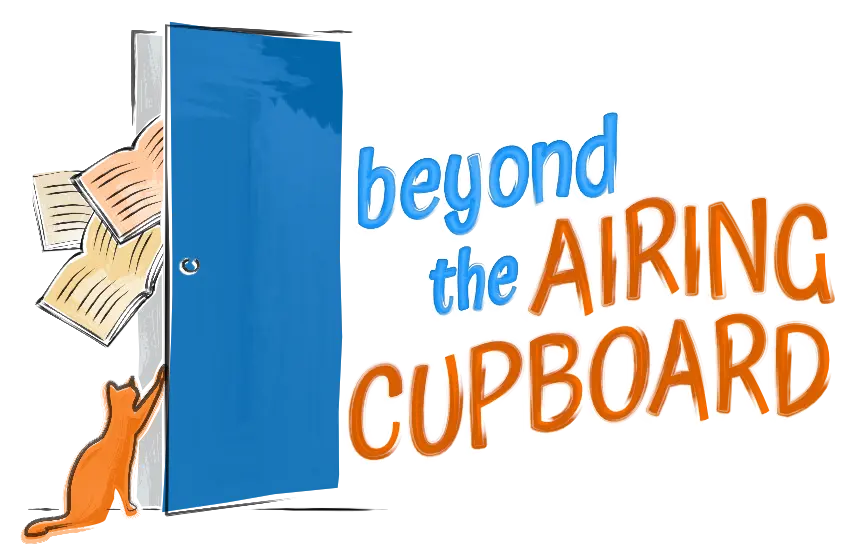I love books and I love reading so I suppose it is no surprise that I am also very fond of books that are about reading. Maybe it shows me that I am not alone and that other people are as passionate and well, yes, maybe obsessive about this pastime as I am and really always have been. It is a mystery where this condition came from. My parents were not remotely bookish and they possessed just one small 3 shelf bookcase that contained a rather random collection of novels, mainly from the 30s and 40s as well as a few ghastly Readers Digest abridgements.
I had more books than this in my bedroom by the time I was 8. I don’t remember ever seeing either of them actually read a book although my father had this strange affinity to 6 cream hardbacks about the Second World War by Winston Churchill. He frequently went abroad on business and always packed one of these in his case. In the end it became a bit of a family joke but actually I don’t think he ever turned a page.
I would read anything by Susan Hill and she probably deserves her own Bookends article, but when I bought ‘Howard’s End is on the landing,’ I didn’t really know what I was buying. It turned out to be a book about books. Describing a house which didn’t need painting or wallpapering because every wall was floor to ceiling bookcases, she decided that book buying and borrowing had to stop…at least for a while. Hill determined to take a year when she would only read or reread the books that she already had. She then goes on to tell of the pleasures of that reading year. Reader, I did the same. I banned myself from pressing that Amazon button, I turned the other way when walking passed Waterstones, I determined not to enter the doorway of Daunts and I simply read what was already on my shelves. It was fun and I think maybe I should do it again. It was interesting to note that age and experience, in a way the narrative of your life, changes your response to various authors and texts. I had devoured all of Thomas Hardy as a teenager and adored it. Later though I found a lot of it profoundly frustrating. The characters kept missing each other by 10 seconds and inevitably this plunged them into some sort of deep despair. Dickens, on the other hand, I had found fairly impenetrable when young but on later reading it flowed and was fascinating. What books are on your shelves that could be happily revisited?
Lucy Mangan is young enough to be my daughter but I am absolutely certain that we would enjoy having lunch together. The only problem might be that the food would congeal and go cold as we would not being able to stop talking about what we had loved and read as a child. ‘Bookworm, a memoir of childhood reading,’ is like eating your favourite chocolate bar with a large cappuccino and knowing there is a second chocolate bar in the kitchen if needed. I felt I was having a conversation with the author, as we moved through the works of Enid Blyton (controversial), Noel Streatfield, Dodie Smith, CS Lewis, Mary Norton, Johanna Spyri … I could go on but am at risk of exceeding the required word count. And then of course there were the books I met with my children and still love today. Lucy Mangan writes with passion about ‘Where the wild things are’ and of course we both love Shirley Hughes and Judith Kerr and absolutely anything either of them writes or illustrates! I know we would get on because we were both children who had to be persuaded (or sometimes forcefully told) to put the book down and go and play. If that was you too, you will love this book.

Francis Spufford would definitely understand Lucy Mangan but in his book ‘The child that books built,’ he goes further and deeper. It makes me think of taking an ‘O’ level (yes, I am that old) and then moving on in the sixth form to ‘A’ level. He is definitely another addict who has tried to make sense of the power of reading, particularly childhood reading. Literature at any level can be a way of understanding life and the world and it can deeply affect our perceptions of people and situations. Strong stuff. The author explores the need to enter different worlds, vicariously of course, although it does not feel like that at the time of reading. He looks at the need to escape and the need to feel that you belong. For many readers, for many children books fulfil this desire.

During these difficult weeks we all need to find positives. Surely having the time to read more than we would normally do must count as one of these.
